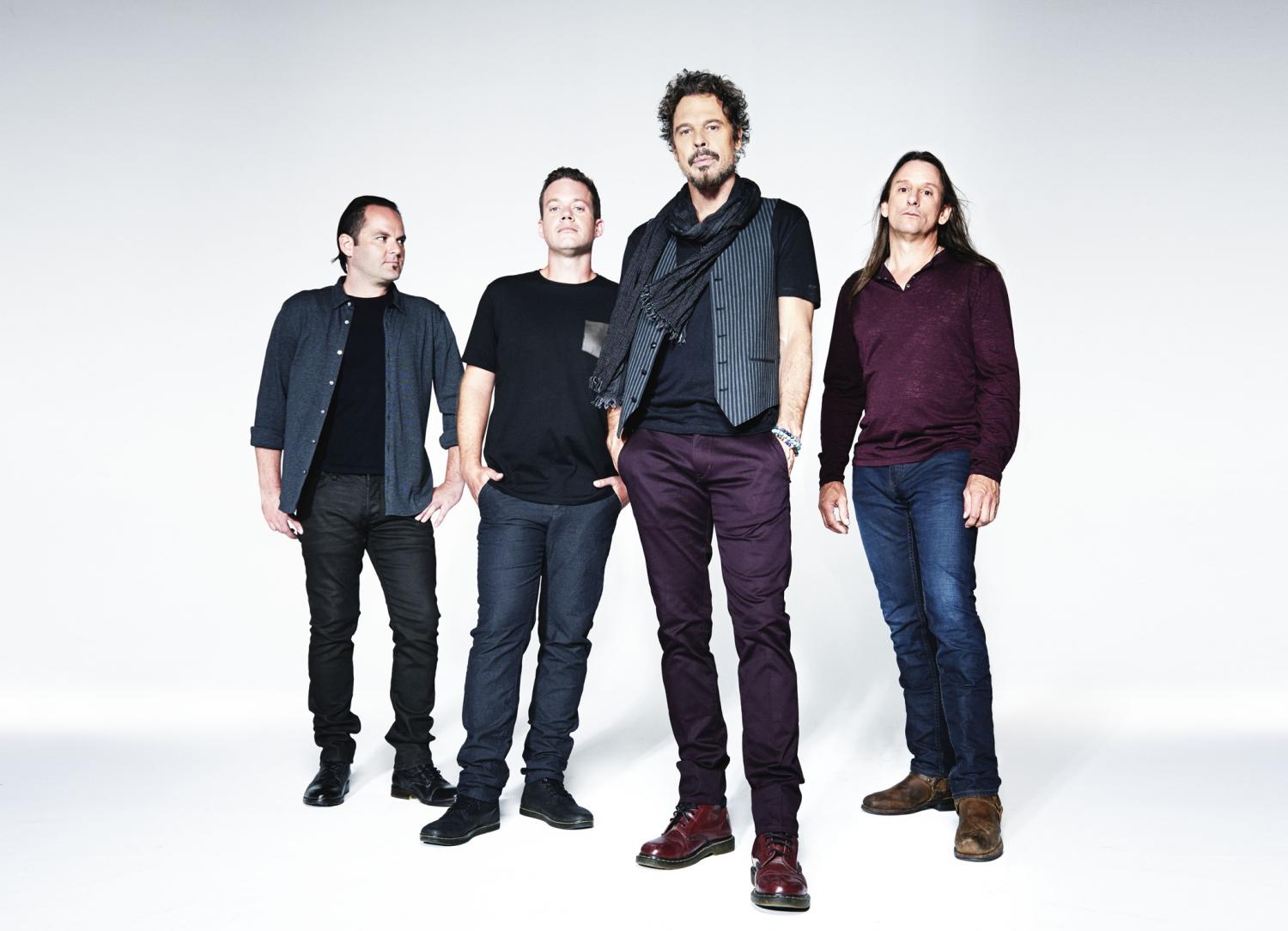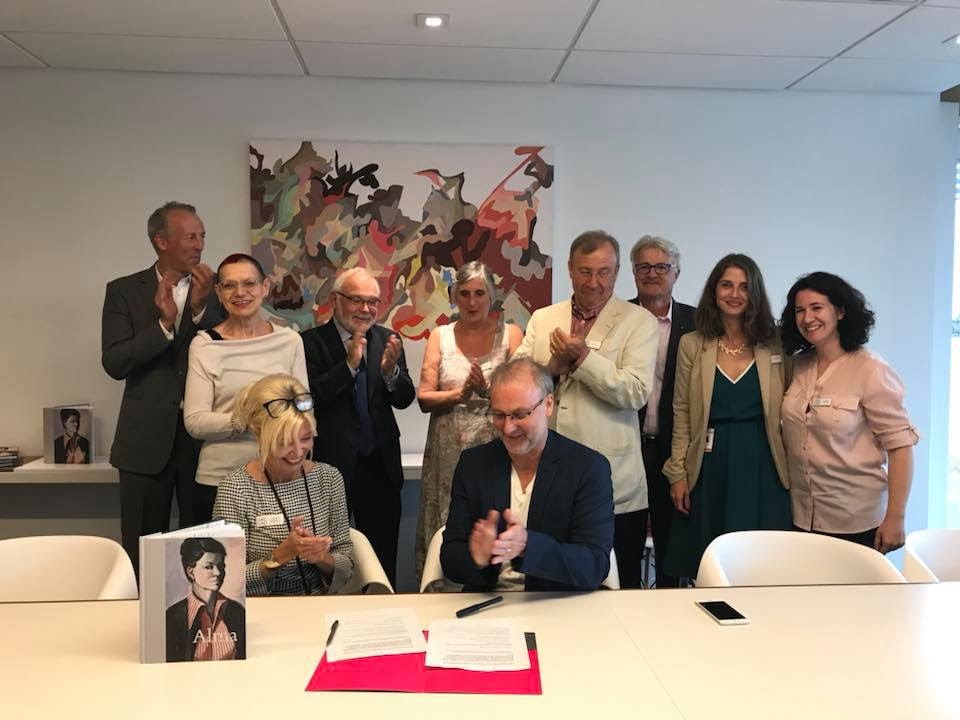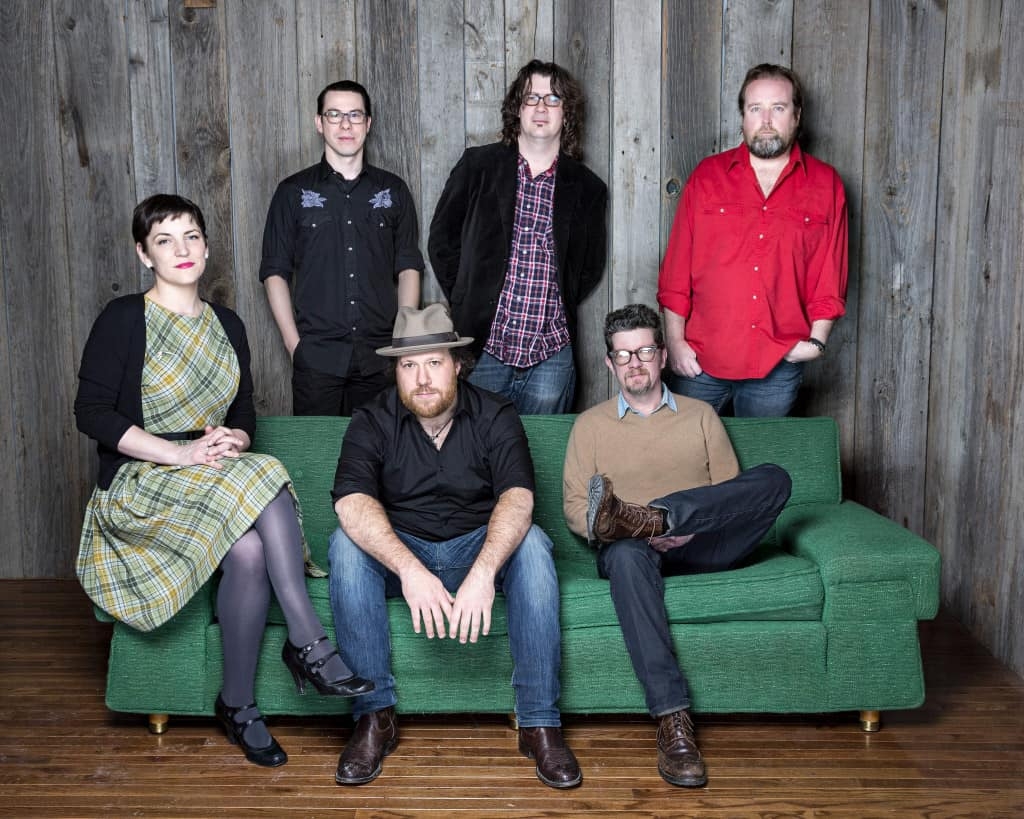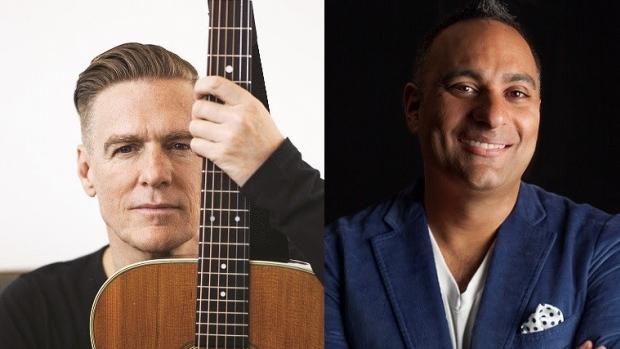
Big Wreck Forms New Memories
Whether on hold or resurrected, Big Wreck has been a consistent staple of the Canadian music diet for the last few decades. After their hiatus, singer Ian Thornley is finding the band as exciting as ever, with his years as a solo artist making each new record feel even deeper than the last.

We caught up with Thornley ahead of Big Wreck's show at The Algonquin Commons Theatre on January 27 to talk about their new anniversary tour and how their new record came together.
Ottawa Life: How do you plan to celebrate the 20th anniversary of In Loving Memory Of, and how has the album changed for you guys after playing it for so long?
Ian Thornley: I think on a night-to-night basis it changes for us. When you have an audience in front of you to see the impact, it can change. That album was recorded authentically and honestly, that first record was essentially demos that we'd put out as an album. I don't hear any adult finger prints on that record, it's just musicians doing what they want to do. Playing the songs live, it's easy to sink your teeth into them and get into them, there's no imposters. One might really hit home one night, no song on the album is really dull to play live.
A few years down from your reunion, what's different now and what's kept you going with this iteration of the group?
Obviously you learn a lot, both inside and outside of the band there is personal growth, as corny as that sounds. I think how we interact with one another is very different, and we act a lot more adult now than before. I was 24 when we made that first record, so you have more of a chip on your shoulder back then. You learn a lot of lessons the hard way because there's no manual to teach you how to be stuck in a van for a month and a half with the same five or six people. That can wear people down. What's maintained is the music itself, and I continue to write all the time while trying to grow as a musician. It's hard to say because I never really stopped making music after Big Wreck, so it's more just another step on the same path.
Looking at Grace Street, how did Garth Richardson shape the record?
Garth has become a great friend and his pedigree is well known, I always say Garth has a trick bag with all his experience, so all you have to do is be in the room and you'll learn something. I learned so much working with him, and one time we were going through songs before recording, it just meant so much to me. There has to be a real trust to be that effective with a producer, but it didn't take long to build that trust, and that speaks to the kind of guy he is. He's just a big personality with a big heart, and good ears. It was a pleasure making that record with him. A lot of that record was darker subject matter, and he was really helpful with that too.
How did you end up working with Alain Johannes on "The Receiving End" and what did he bring to the process?
Well Al's a great and dear friend of mine, I adore him and he's really a special guy. We became friends in maybe 2005/6 and after hitting it off, I see him whenever we're both in Los Angeles. If he's in Toronto, we do the same thing too. I can't remember when it was, but one of the last times I was there before the record I sat down and wrote with him. We did it at his home that was also a studio, there were instruments everywhere, it wasn't hoarder messy but just packed with sitars, grand pianos, flutes, and he knows how to play them. You go in there, and it's like a playground. Al and I would sit down with a cup of coffee, we'd just noodle around. He showed me the cigar-box guitar, he'd started writing on it, and said "Every time I write with it, a song pops out." He's a very inspiring guy. The initial idea for that song had been posted on his Instagram, because he'll post all his late-night ideas on there and look through them for songs. We started building on that idea, and it didn't take too long.
How has it been adjusting to playing and writing without Paulo Neta?
I was a little bit worried going into rehearsals for the tour, because we hadn't been a four-piece in a long time, so I didn't know what it would sound like. Paulo is a great guitar player but he's also a great singer, and our voices blended well together, so you're losing another personality in that too. We wondered musically what it would sound like with two guitars. It didn't take too long, and we're a lot busier with our hands but he's still missed. It sounds a little more raw now because there's more space, we don't have to stay in our lanes as much, and we have more wiggle room now. It might only feel different to us, but some fans might find it sounds more like it used to. We were lucky to have Paulo in there for a few years but it's not worse or better now, just different.
What's keeping you busy for the future?
We're going to be on the road for the next two or three months, and then come home and continue on. A lot of these songs we're playing from the first record on this tour have never been played live, so that's really exciting. It's been a really interesting thing to tackle in rehearsals because we never even thought of some of them in a live format before.










